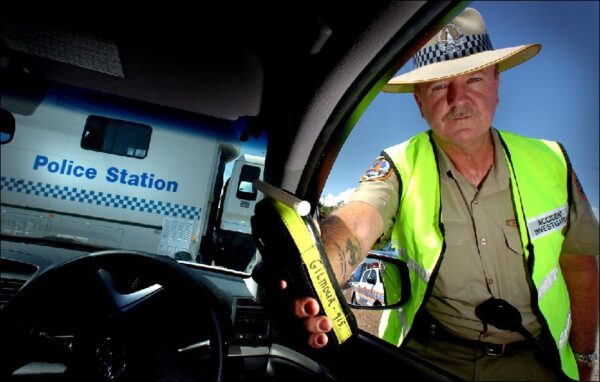Drunk driving is common parlance to refer to two offenses related to driving when drunk: going beyond the Prescribed Concentration of Alcohol (PCA) and Driving under Influence (DUI).
All through Australia, it is an offense to try to drive or actually drive a vehicle under the impact of alcohol or/ and another drug. Anyone who is driving while being affected by these can be convicted for an offense, though their BAC (Blood Alcohol Concentration) is lower than the specified limit in the relevant territory or state. DUI is the legal name of this offence as per Road Traffic Act 1961 (SA).
In case the police have the suspicion that skills of a driver are impaired by use of drugs, the driver can be taken to court and receive the same penalties given for driving under the impact of alcohol. Those drivers who are influenced by alcohol or drugs and kill or injure anyone else while you are driving a vehicle, may be charged with an extra criminal offense called as culpable driving and can receive a prison sentence.
Offense of DUI also applies to cyclists, persons on roller blades or skate boards, drivers of animal driven vehicles; all offenders are subject to fines.
An individual can be pressed with PCA if their BAC is equal to or above the following limits:
- Boat crew and operators- 0.05%
- License holders-0.05%
- Probationary/ learners drivers- 0.0%
- Drivers of taxi/ buses/ heavy vehicles-0.0%
- Drivers without license-0.00%
For being charged with PCA, there is no need to show that the driver is impacted by alcohol and only that they are over the legal limit.
For learners and probationers, it is not legal to drive after consuming alcohol because it is a breach of their probationary/ learner conditions. Provisions of drunk driver also apply to anyone who acting as qualified passenger for trainee driver. A qualified person is one occupying a seat next to a learner driver and holds a drivers’ license for the type of vehicle. They may be asked to submit to a breath analysis or a blood sample in a way as though they were driving the vehicle.
Any rider/ driver may be asked to be subject to an Alco test by the police. This Alco test is a test for screening of breath which measures the correct level of alcohol in the person’s blood. This test is done if:
- They are involved in a motor accident.
- They commit certain driving offenses.
- They demonstrate an inability to drive.
- They are stopped for random mobile breath testing.
As per the Road Traffic Act, when you refuse to be subject to an Alco test, you are committing an offense. In case, Alco test proves positive, the police may ask the driver to submit to a breathalyser test (It is a more accurate test and can be used as legal evidence).
When a breathalyser test is administered to a person within 2 hours of driving, this reading will be considered by a court of law to be his BAC. Soon after breathalyser test, police will provide the accused with a printed sheet, which advises them about the legal impact of the test and assures him about his right to a further blood test. It is always good to consult drink driving lawyers Adelaide at this point.
These are some of the issues involved in drunk driving and its prosecution.














Be First to Comment